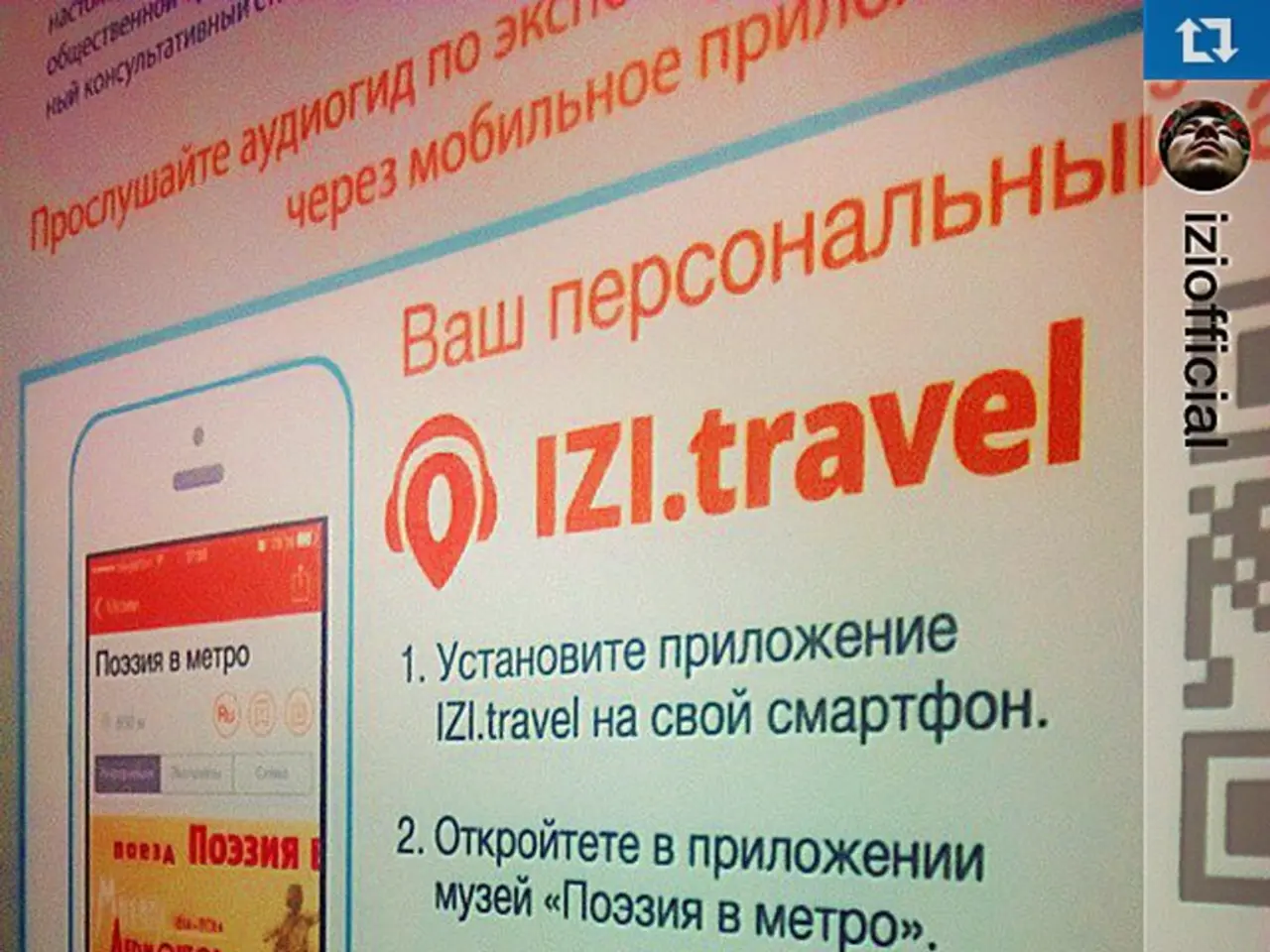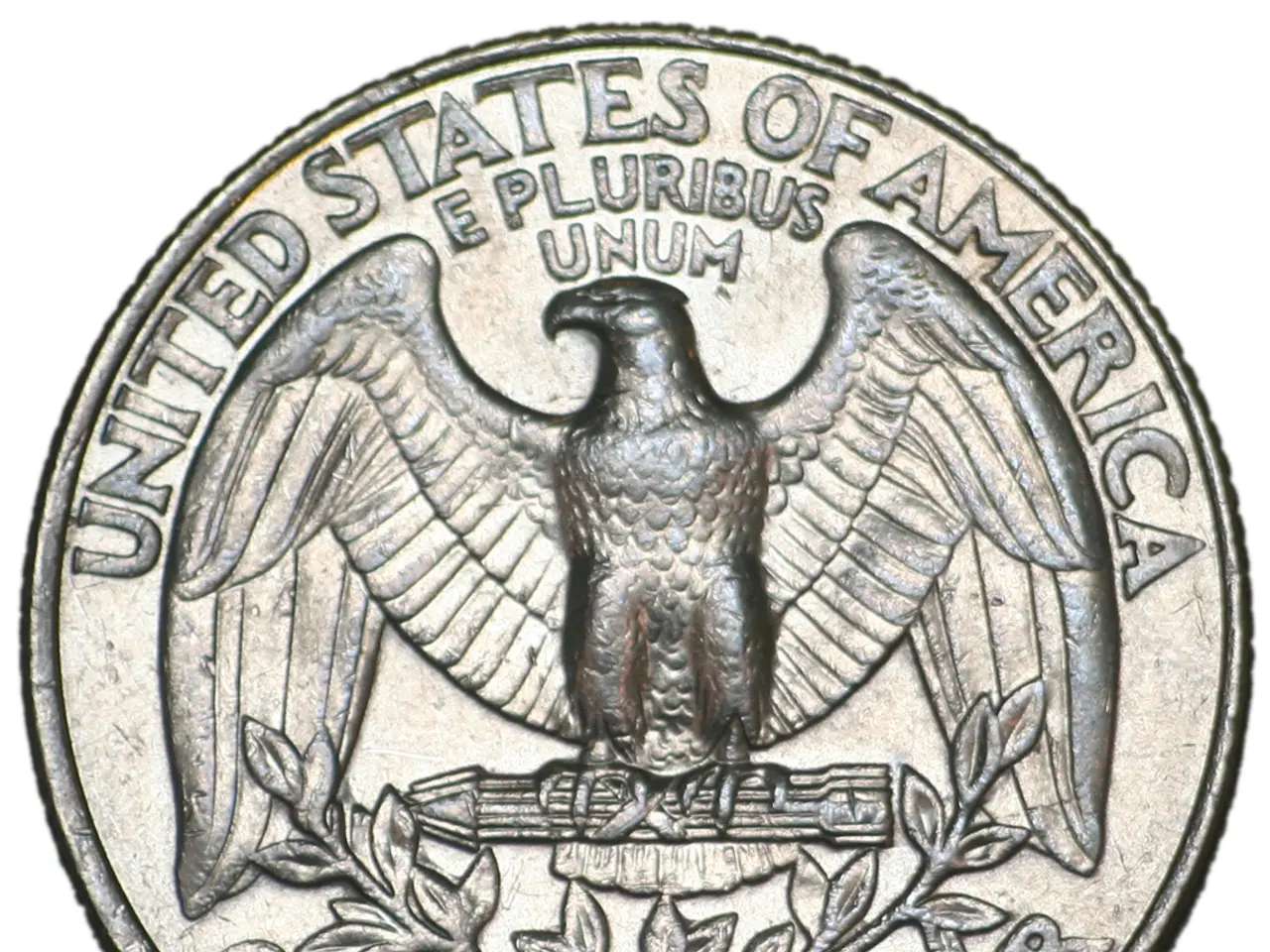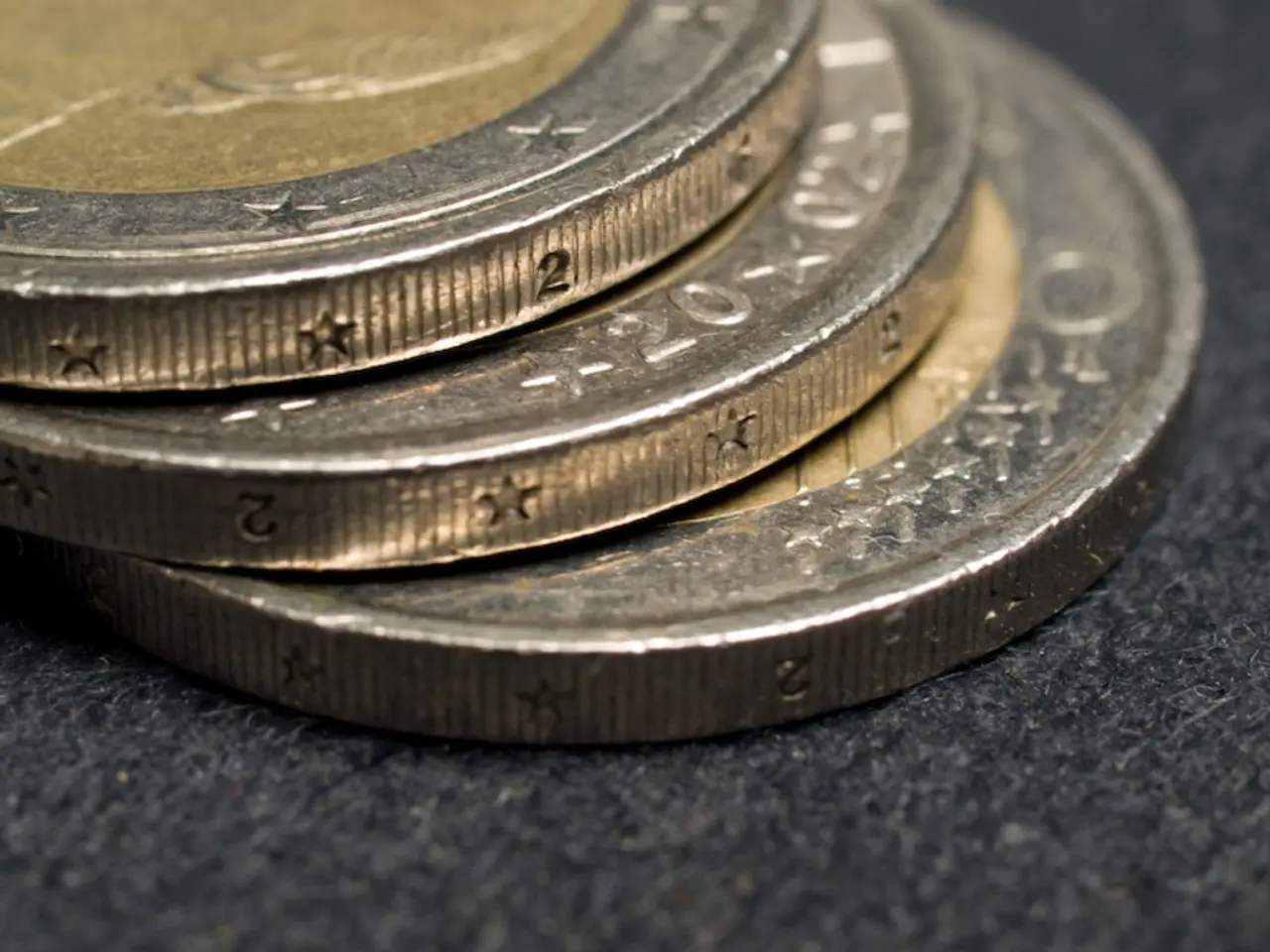Diplomats from the United States and Pakistan discuss trade taxes in their conversation.
Pakistan-US trade negotiations are progressing steadily, with a potential deal within reach in the coming days. The current status of these negotiations was discussed in a series of high-level meetings, including a conversation between Pakistani Finance Minister Ishaq Dar and US Secretary of State Marco Rubio, and a delegation visit led by Finance Minister Aurangzeb [1][2][3].
The key sticking point, the 5% digital tax on foreign tech firms, has been resolved with Pakistan offering to exempt the US from this tax [3]. The Pakistani Prime Minister's office is now reviewing the draft to fine-tune terms, aiming for a mutually beneficial agreement with tariff rates comparable to or better than those offered to US partners like Japan and Vietnam [1][2].
The relationship is being positioned as strategic and stable rather than transactional [1]. The Pakistani delegation recently engaged with US Commerce Secretary Howard Lutnick to address remaining trade concerns, particularly about digital trade taxation, signalling high-level cooperation to resolve issues before the deal is signed [3].
The tariffs discussion, taking place ahead of the August deadline, involves regional and global issues of mutual interest [4]. Deputy Prime Minister and Foreign Minister Ishaq Dar spoke to US Secretary of State Marco Rubio on the telephone, and the conversations will focus on the Pakistan-US Trade Dialogue [5].
It is important to note that the US remains Pakistan's largest export market, accounting for around $5 billion in trade [6]. Pakistan is pushing to secure a deal on tariffs with the United States, with the goal of forming a trade agreement beneficial for both countries' economies [7]. Pakistan is the second-largest buyer of US cotton in South Asia after China [8].
Despite initial expectations of concluding the deal by early July, the pace of talks has been slower than anticipated [9]. Finance Minister Senator Muhammad Aurangzeb has departed for the United States to continue the negotiations [10]. The tariffs discussion is part of high-stakes negotiations, with the outcome expected to significantly impact the economic landscape of both nations.
In summary, Pakistan-US trade negotiations are at an advanced and optimistic stage, pending final adjustments and formal agreement signing. The negotiations aim to strengthen the already strong trade and economic ties between the two nations, with significant potential for cooperation in sectors such as information technology, minerals, and agriculture [1].
| Aspect | Current Status | |--------------------------------------|-------------------------------------| | Negotiation stage | Near finalization; under review by Pakistani PM office[1][2] | | Key recent meetings | Ishaq Dar with Marco Rubio; Finance Minister Aurangzeb-led delegation in US[1][2][3] | | Major sticking point resolved | 5% digital tax exemption for US firms[3] | | Expected timeline | Possibly days to finalize, no formal US timeline given[1][2] | | Strategic outlook | Move towards stable, mutually beneficial partnership[1] | | Largest export market | US, accounting for around $5 billion in trade[6] | | Current tariffs status | Discussions taking place ahead of August deadline[4] | | Key focus of negotiations | Pakistan-US Trade Dialogue[5] | | Second-largest buyer of US cotton | Pakistan[8] | | Slower-than-anticipated pace | Initial expectations of concluding deal by early July[9] | | Current delegation in the US | Finance Minister Senator Muhammad Aurangzeb[10] | | High-stakes negotiations | Outcome expected to significantly impact the economic landscape of both nations[7] |
- The resolution of the digital tax issue between Pakistan and the US paves the way for a more favorable business environment for foreign tech firms, particularly those based in the United States.
- The pending trade agreement between Pakistan and the US could potentially boost both nations' economies, especially in sectors such as information technology, minerals, and agriculture, thereby contributing to a strong cultural and economic connection.
- Given the United States' status as Pakistan's largest export market and the second-largest buyer of US cotton in South Asia, the successful conclusion of the tariff negotiations is expected to significantly impact the finance and business landscapes of both countries.




